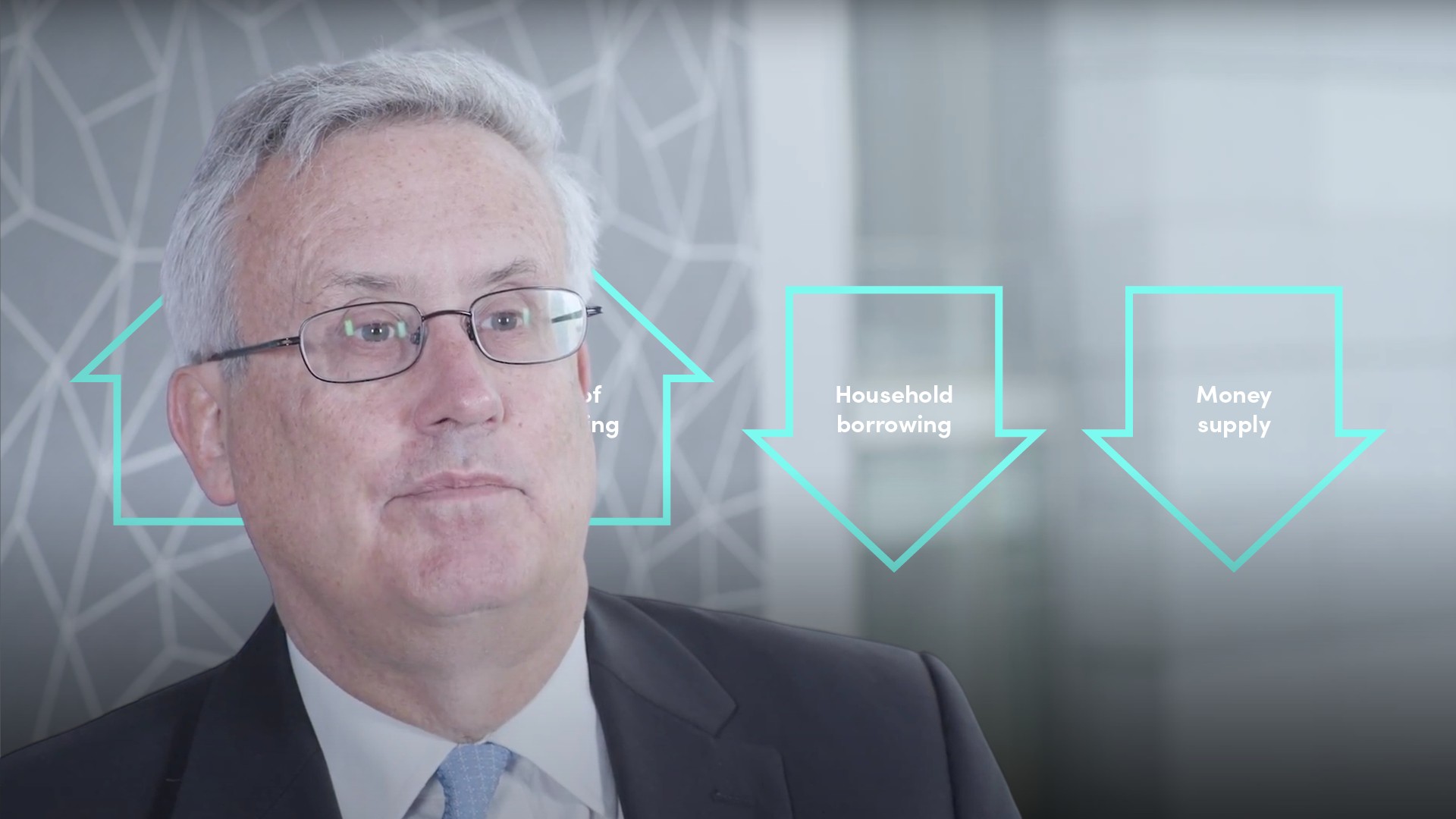
LIBOR Market Manipulation

Peter Eisenhardt
30 years: Capital markets & investment banking
Peter explains how some traders submitting LIBOR rates were colluding to manipulate rates to suit their positions and generate huge profits.
Peter explains how some traders submitting LIBOR rates were colluding to manipulate rates to suit their positions and generate huge profits.

LIBOR Market Manipulation
2 mins 34 secs
Key learning objectives:
Outline the initial reforms in the UK and Europe
Learn why banks manipulated LIBOR
Overview:
Scrutiny of LIBOR revealed that submitters at the major banks colluded to manipulate rates to suit their positions to generate huge profits. This lead to regulatory reforms in the form of the Wheatley Review reforms (in the UK) and the Euribor reforms (in Europe).
- Benchmark manipulation became a criminal offence
- A new administrator – the InterContinental Exchange was appointed
- LIBOR settings were cut back to just five currencies, in seven tenors down from 10 currencies in 15 tenors, eliminating meaningless LIBOR settings in highly illiquid markets
- A new Code of Obligations for panel banks
- A new administrator
- Clearer definitions
- Fewer tenors

Peter Eisenhardt
There are no available Videos from "Peter Eisenhardt"

